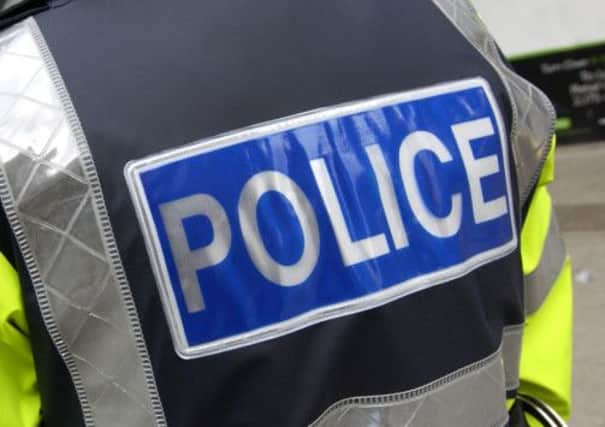Police Scotland ‘record crimes by 3-year-olds’


Five three-year-olds are am-ong the thousands of children recorded by Police Scotland in the past two years, according to details released to the BBC after a Freedom of Information request.
Twenty four-year-olds and 376 children aged under eight – the age of criminal responsibility – are included in the figures.
Advertisement
Hide AdAdvertisement
Hide AdChief Inspector Hilary Sloan said officers have to record all offences.
“The police record crimes because we have to have an understanding of what crimes are occurring within the communities and, because of the ‘Scottish crime recording standard’, we have a responsibility to do that,” she told BBC Scotland.
Offences linked to the young children include shoplifting and vandalism.
Among all children under 16, there were 44,341 offences recorded. In 2013-14 alone there were 5,154 violent crimes and 409 sexual crimes recorded among under-16s.
Although the age of criminal responsibility remains eight – one of the lowest in Europe and two years below England and Wales – the age at which children can be tried in a court of law is 12.
Children aged between eight and 12 would be referred to the Scottish Children’s Reporter Administration but not to the procurator fiscal.
The Scottish Government said the question of whether the age of criminal responsibility should be raised would be considered within this parliament.
Professor Susan McVie, of Edinburgh University, conducted research indicating that stigmatising children at a young age increases their chances of offending.
Advertisement
Hide AdAdvertisement
Hide AdShe said: “We know that where young people are repeatedly targeted by the police, that they not only have very negative views about the police and other elements of authority, but it can have a negative impact on how they feel about themselves.
“If you are labelled as a troublemaker often enough, you come to believe that label. And if you feel they perceive you to be an offender anyway then there’s nothing to lose by continuing to engage in offending.”
A Scottish Government spokeswoman said youth crime has fallen by 52 per cent over the last five years and continues to fall, dropping 22 per cent since 2011-12.
“The Scottish Government’s early intervention initiative, the whole-system approach, tackles all aspects of youth offending from low-level crime to the most serious and harmful offences, and aims to stop young people following the wrong path into a life of crime by identifying at the earliest opportunity when they are in trouble,” the spokeswoman said.
“Police, courts, education and social services work together to address minor offending before it becomes a major problem.
“This approach was first piloted in Aberdeen in 2010 to 2011 and saw marked improvement in youth offending, with youth crime down 20 per cent and offence referrals to the children’s reporter falling by 40 per cent on the previous year.
“Recorded crimes and offences are not proven offences. Police have a requirement to record all crimes. This ensures consistency and a victim-centred approach to crime recording across Scotland.”